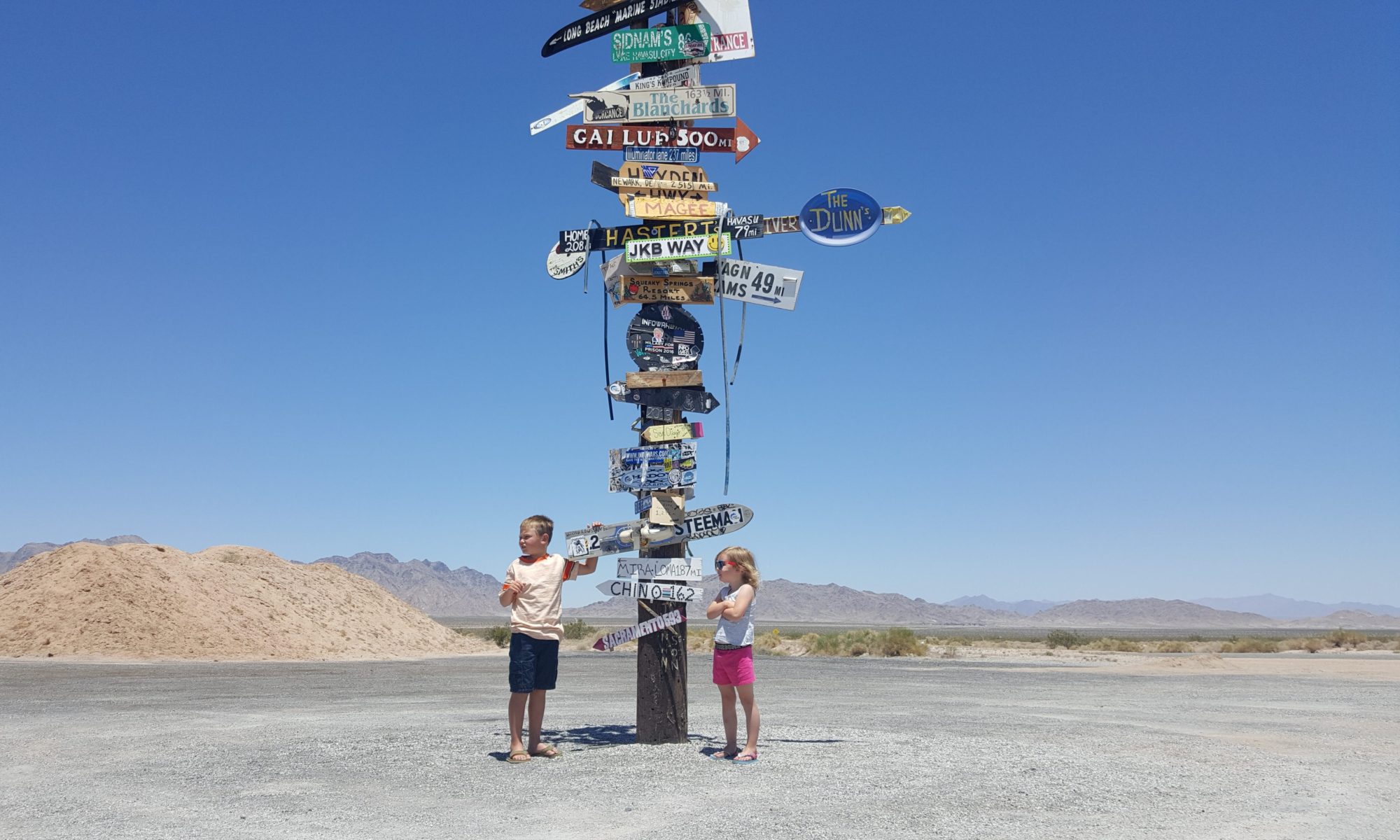Here again is Asaph of the Babylonian Captivity period. Maybe Asaph did not know Jeremiah who prophesied during the time leading up to the destruction of the city of Jerusalem. Maybe Asaph lived in a small town outside Jerusalem and only entered the city when he heard the Babylonians were coming. He could have been living in a remote village and was only able to enter Jerusalem after its destruction.
Whatever happened, it was God’s fault according to him. In verse 8, Asaph wrote, “Do not hold us guilty for the sins of our ancestors! Let Your compassion quickly meet our needs, for we are on the brink of despair.” Yes, I have had the same sentiments. Why did God leave me in trouble? For a long time, I thought God had abandoned me. I had done everything I thought God wanted me to do. But God had not abandoned me; I suffered because of the actions of others just like Asaph suffered. Yes, his ancestors had sinned, but people were still committing the same sins in his day. They were still involved in idol worship, and their king refused to obey God and surrender the city to the Babylonians. Reading the book of Jeremiah is a real revelation.
Many good people suffer because of the decisions of others. When a nation’s majority worship God, there is peace and prosperity for the most part. But when a nation begins to wander from God, trouble comes. We cannot expect God to bless us as we (a nation) move farther from Him. The troubles are the consequence of the people turning farther from God.
Christians need to realize that when trouble comes, whatever form it comes in, we need to look at ourselves and ask, “have I been reading God’s word, spending time praising God for all He has done for me and just for who He is, and praying for the things God is concerned with,” or have we minimized those things. Remember, in Psalm 50, God says the thing He wants most from us is our praise.
